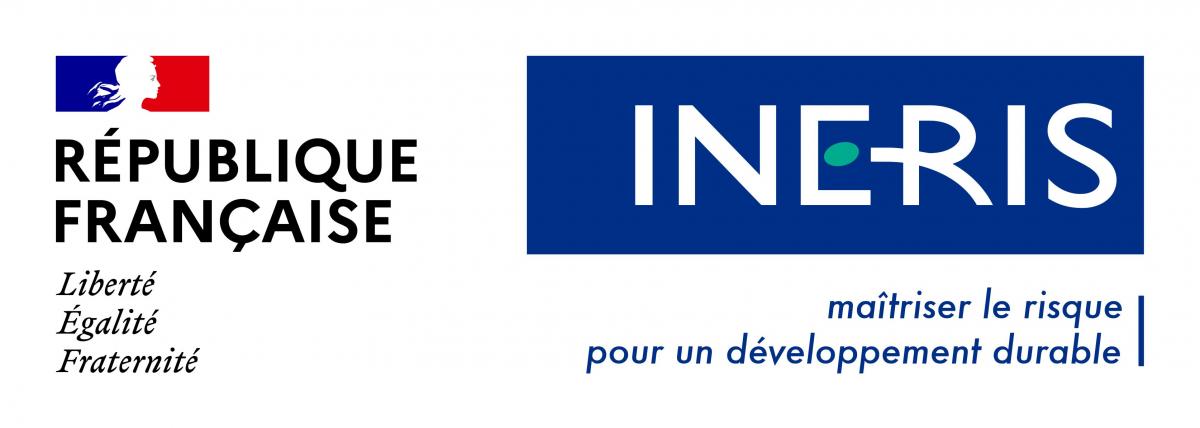EPOS thematic core service anthropogenic hazards - to facilitate the way of attaining excellence
Résumé
The community focused on seismic/aseismic deformation processes induced by human operation, organized within European Plate Observing System (EPOS) as WG10 “Infrastructure for Georesources” integrates distributed research infrastructures (RI) to facilitate and stimulate research on anthropogenic hazards especially those associated with the exploration and exploitation of geo-resources, within EPOS Thematic Core Service ANTHROPOGENIC HAZARDS (TCS AH). The innovative element is the uniqueness of the integrated RI which comprises two main deliverables : (1) Exceptional datasets, called “episodes”, which comprehensively describe a geophysical process induced or triggered by human technological activity, posing hazards for infrastructure, people and the environment; (2) Problem-oriented, bespoke services uniquely designed for analyzing correlations between technological activities, geophysical response and associated hazards, including e-research environment of IS-EPOS platform (is-epos.eu). These objectives will be achieved through the Science-Industry Synergy, ensuring bi-directional information exchange, including unique and previously unavailable data furnished by industrial partners and innovative solutions coming back to industry. The data and services are related to a wide spectrum of inducing technologies, with seismic/aseismic deformation and production history dataset. Impact of RI will be also reflected in a more multidisciplinary approach to education, and an opportunity for students to obtain skills and knowledge in the anthropogenic hazards field. The work is supported by project IS-EPOS: Digital Research Space of Induced Seismicity for EPOS Purposes (POIG.02.03.00-14-090/13-00), funded by the NCBiR in the OP Innovative Economy in the years 2013-2015.
